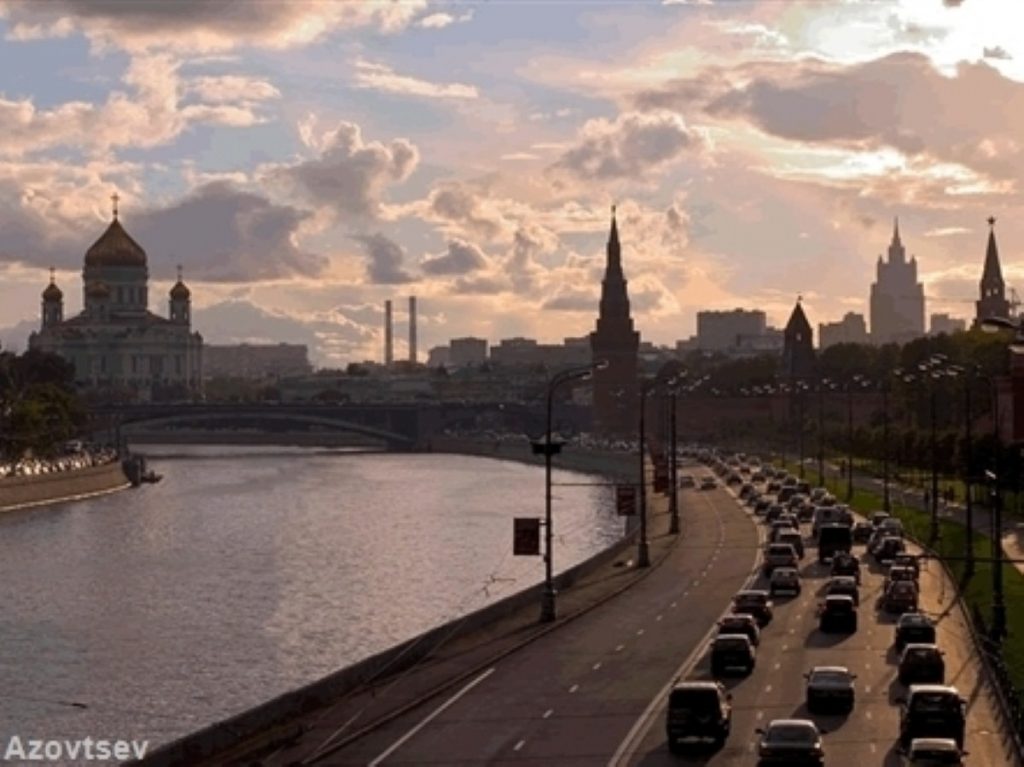Limited goals for PM’s trip to Moscow
By Alex Stevenson Follow @alex__stevenson
Britain and Russia are attempting to restart their relationship with a prime ministerial trip to Moscow.
David Cameron has called for the two countries to "rebuild" relations, which have been troubled in recent years, as the UK government focuses on improving trade and business links.
Lingering resentment over Russia's refusal to extradite Andrei Lugovoi, the man Britain suspects of the 2006 murder in London of former KGB agent Alexander Litvinenko, continues to discolour ties, however.


The Russian government's limited attempts to tackle corruption and its heavy-handed approach to foreign competition are proving substantial deterrents to further investment, despite the fact Britain is already a major investor in Russia.
Two weeks ago the Russian authorities raided UK energy firm BP's Moscow offices in connection with a lawsuit, one day after BP was replaced by Exxon Mobil for a tie-up with Russian energy firm Rosneft's Arctic oil project.
"I've talked to many British businesses. I have no doubt about their ambition to work in Russia… but it's also clear that the concerns that continue to make them hold back are real," Mr Cameron said in a speech at Moscow State University.
"They need to know that they can go to a court confident that a contract will be enforced objectively and that their assets and premises won’t be unlawfully taken away from them," he said.
Mr Cameron's visit to Russia is the first by a prime minister since Tony Blair in 2005. It follows visits by foreign secretary William Hague to Moscow and Russian counterpart Sergei Lavrov to Moscow and London respectively since the UK's coalition government formed in May 2010.
Britain has offered to support Russia's bid to join the World Trade Organisation. It expects to secure over £200 million in trade deals as a result of the trip.
"I accept that Britain and Russia have had a difficult relationship for some time, and we should be candid about the areas where we still disagree," Mr Cameron added.
"But I want to make the case for a new approach based on cooperation."
The two countries are struggling to find agreement on the world stage, however.
Russia only permitted the Libya intervention reluctantly. And it made clear it would block Britain's attempts to secure a UN resolution criticising Syrian president Bashar al-Assad for brutally suppressing pro-democracy protests.

